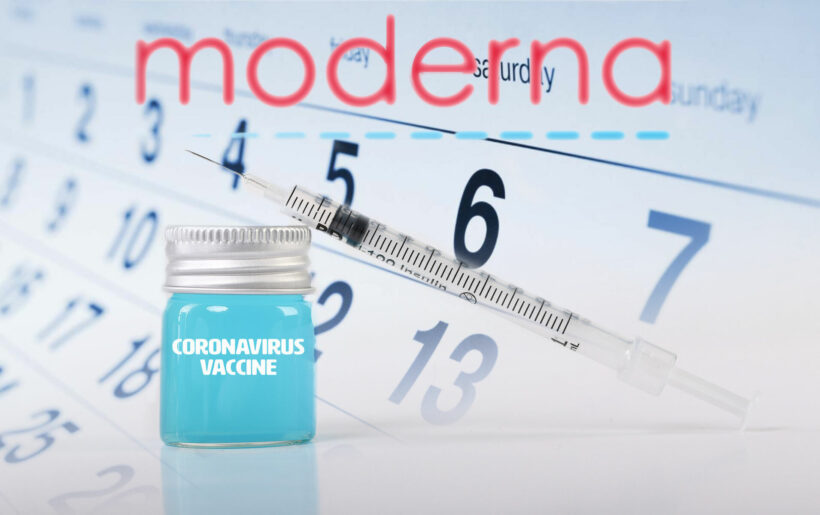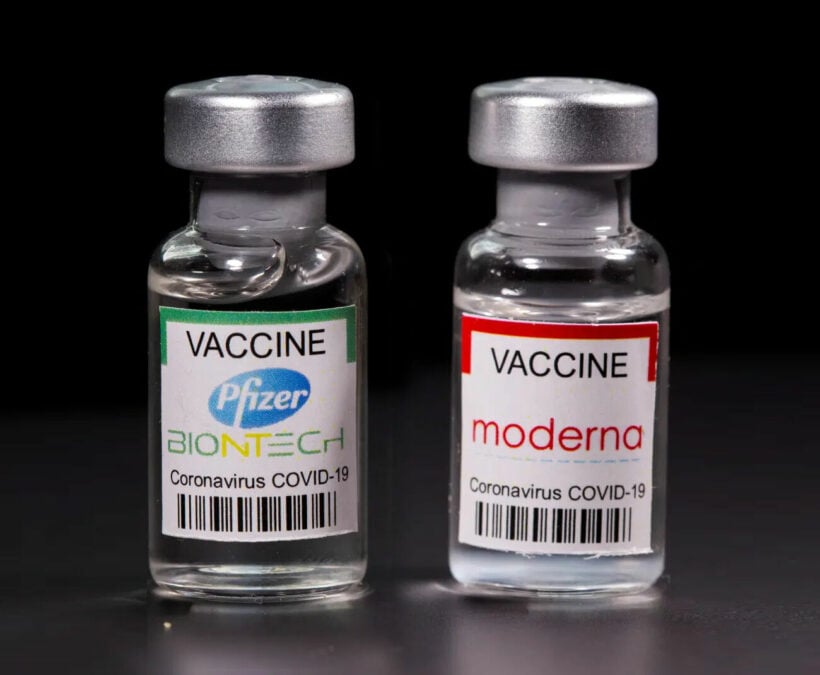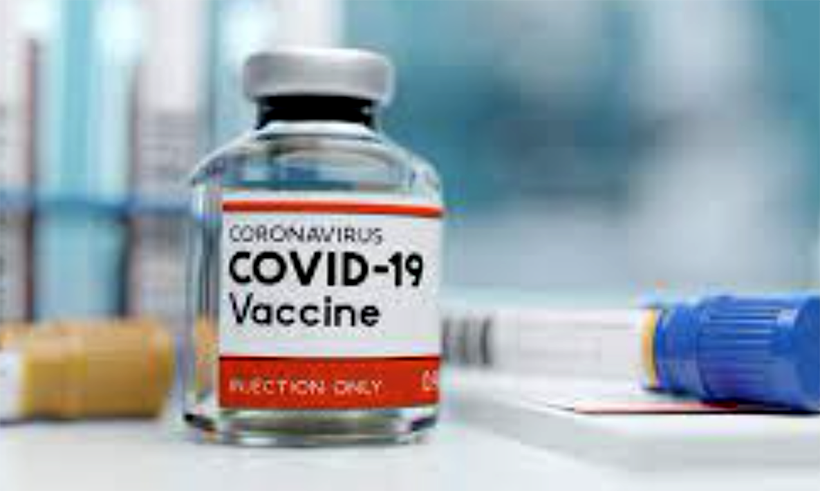Moderna effectiveness drops just 1% in 6 months

New data shows that the Moderna vaccine maintains efficacy more successfully than other vaccines, showing 93% effectiveness after 6 months, a drop of just 1% from the 94% efficacy in clinical trials. In comparison, recent research had found that the effectiveness of Sinovac, the primary vaccine used in Thailand currently, drops 50% every 40 days, making it ineffective after 6 months. Moderna’s most similar vaccine competition is Pfizer-BioNTech, another mRNA vaccine, whose effectiveness declines by 6% every 60 days, making it only about 84% effective after 6 months.
While this is a boon for the Moderna brand, the Chief Executive reminds people that the Delta variant is still a new and not fully understood threat, so we must not let our guard down just yet. And even with the longer effectiveness of their vaccine, Moderna still presumes that by the winter season, many people who received their 2 doses of the vaccine will still need a booster shot as antibody levels slowly start to fade away.
The scientific community has been frantically studying and debating the safety and necessity of booster shots, with some public health officials concerned about the possibility of harmful side effects from additional vaccine doses. But with the Delta variant being more contagious, faster spreading, and resistant to some vaccines like Sinovac, booster shots may be a necessary evil to protect against the continued Covid-19 pandemic.
Israel and other countries have already started administering boosters to high-risk or older people, and Pfizer intends to ask permission for booster shots of their vaccine. Moderna is studying the effectiveness 3 different booster shot options that have produced strong levels of neutralising antibodies that battle the Delta, Gamma, and Beta variants as well as others.
The vaccine company is currently seeing full approval from the Food and Drug Administration in the US where it is currently only approved for emergency use, as it is in over 50 other countries. They have contracts to produce between 800 million and 1 billion vaccines for US $20 billion and have another US $12 billion in 2022 contracts and open options for US $8 billion more. They aim to manufacture between 2 and 3 billion vaccines next year, while Pfizer, a much larger company, projects 3 billion vaccines produced by the end of this year.
SOURCE: Bangkok Post
Latest Thailand News
Follow The Thaiger on Google News:


























